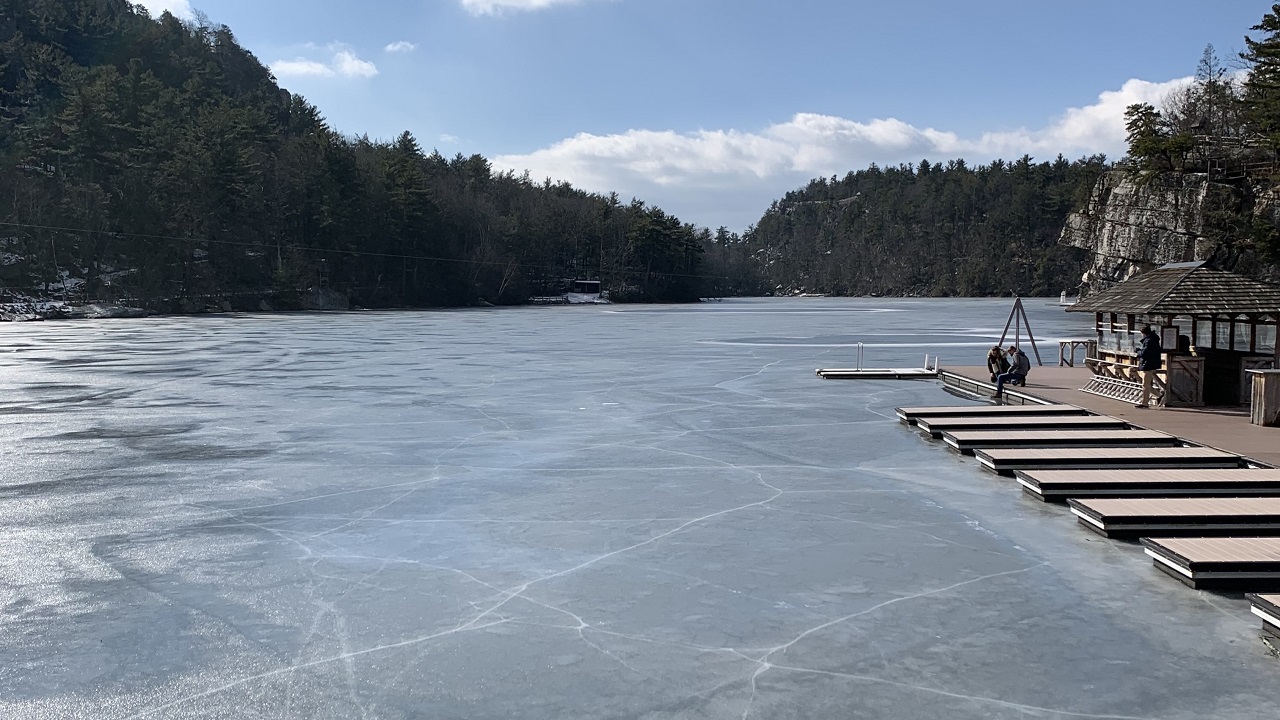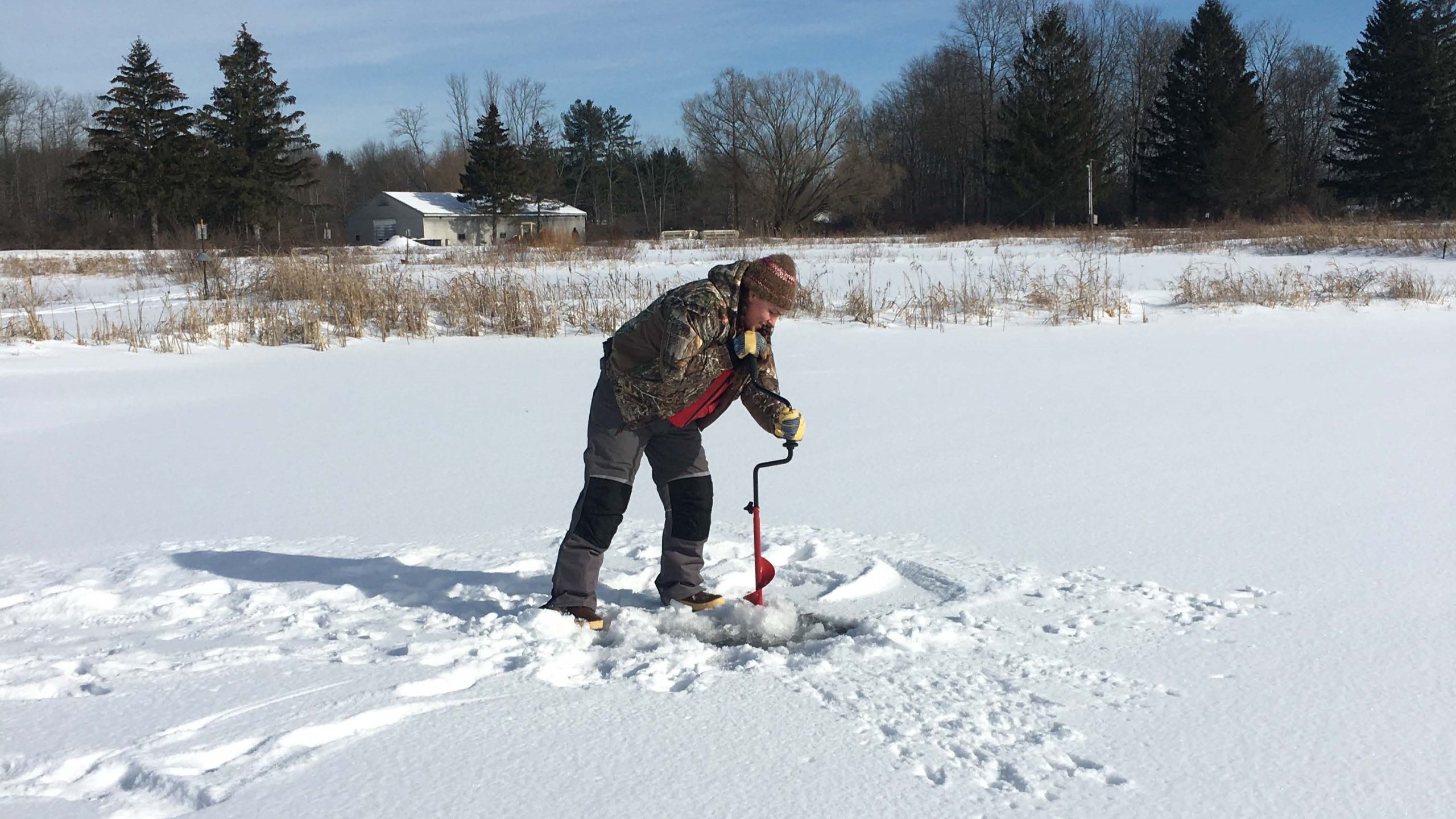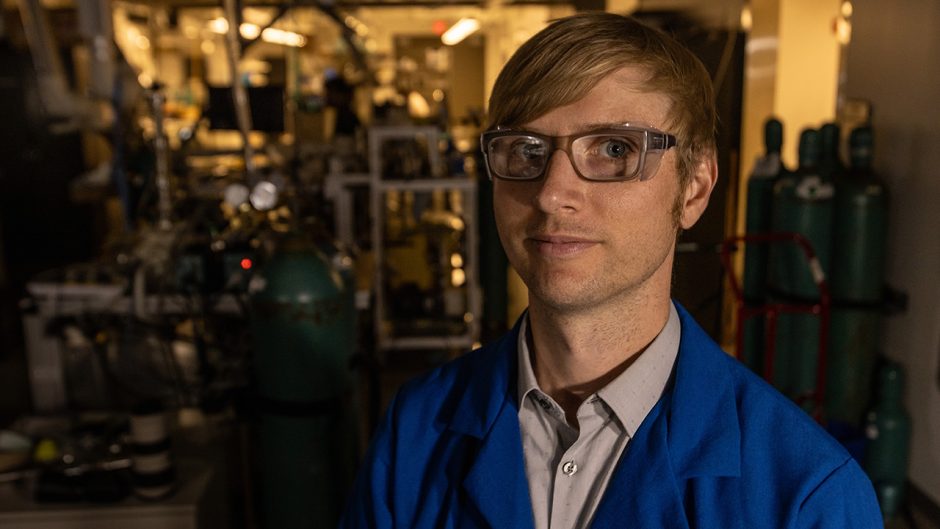
Sept. 28, 2023
Contact: Courtney Perrett, 573-882-6217, cperrett@missouri.edu
Lakes represent some of the most vital natural resources on Earth. While they only hold a small percentage of the planet’s overall water supply, they provide most of the freshwater people depend on daily. Supported by a new five-year, $2.5 million collaborative grant from the National Science Foundation (NSF), University of Missouri researcher Rebecca North and her colleagues will examine how rapidly warming temperatures and shorter winters can influence the growth and toxicity of lake algae.
North and her collaborators will use predictive modeling to forecast future outcomes on samples taken from more than 30 lakes across the country to measure the impact of climate change. They will study how year-round algal growth and increasingly warmer winter temperatures could negatively affect lake ecosystems and water quality.
“We're looking to make future projections of what to expect out of water quality, specifically levels of phytoplankton and the cyanobacteria that are harmful algal blooms, and then potential increases or decreases in toxin concentrations,” said North, a professor in the College of Agriculture, Food and Natural Resources. “To do that, we’ll collect data from a whole suite of lakes all the way from alpine lakes in the Rocky Mountains in Colorado and ice-covered lakes up in Vermont and New York State, down to lakes in Missouri and some in Florida. These are the endpoints in terms of what we can expect from a changing climate.”

This research has several main goals, including:
- Understanding how winter conditions across a wide range of lakes affect algal communities and the severity of blooms relative to summer conditions.
- Determining how the ecological memory (the ability of the past to impact present conditions of an ecosystem) of current conditions affect the algal community’s structure and function.
- Differentiating how ice cover, underwater light and algae will respond to changes in the levels of ice coverage on lakes.
“One of the problems of making predictions about what's going to happen in the future when we have shorter winters is that we don't have any baseline conditions for comparison,” North said. “This is because few people sample lake water in the winter; it’s logistically challenging to get out on the ice with snowmobiles when the lake surfaces are less frozen. Taking measurements in the winter will help us understand the legacy effect of what occurs the following summer if it’s preceded by a shorter, milder winter.”
Joining North on the project are collaborators: Isabella Oleksy at the University of Colorado at Boulder; Ana Morales at the University of Vermont; Meredith Holgerson at Cornell University and Dave Richardson at State University of New York at New Paltz.
This study will also involve many science and community partners, including a group of Rock Bridge High School students from Columbia who are part of the Reservoir Observer Student Scientists program. The high school students will be involved in sampling local lake data every week. North also hopes this research will be helpful for water treatment plant operators, who are responsible for ensuring the year-round safety of drinking water that is filtered from lakes.




